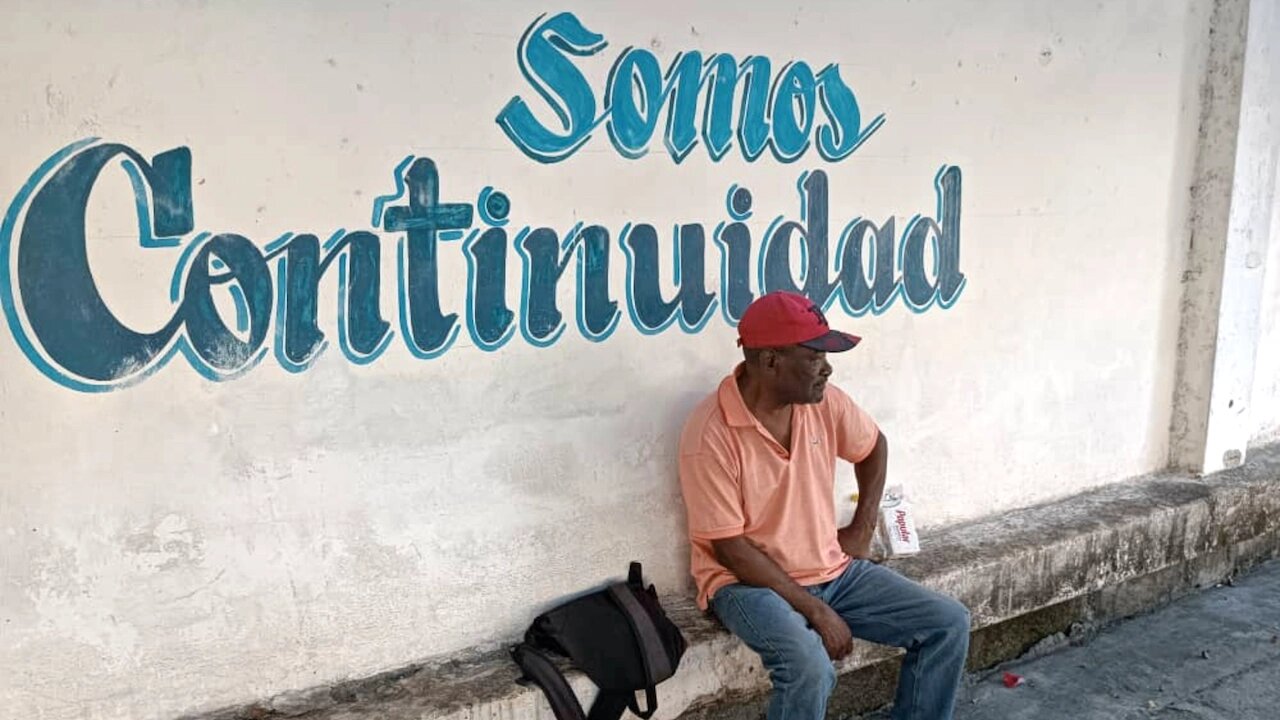At the end of last year, the Vice-president and Minister of the Economy, Alejandro Gil, washed his delicate hands saying: "The country has an induced inflation because we import much more expensive goods than before. We are powerless against that inflation." Previously, at the Third Plenary Session of the Central Committee of the Communist Party of Cuba: ?Draft Plans for the Economy and 2023 State Budget,? he stated that "the inflation we are experiencing is not a 'Cuban problem', it is a global phenomenon."
While it is clear that inflation is a flu that the world has caught, it is difficult to compare this transitory state, which has hit around 10% in the most advanced economies, with the chronic inflation that Cuba suffers, soaring up to 700% in some cases. The minister should know that "misery loves company," but this is foolhardy, especially when, comparatively, the others' ill is like a cataract, and Cuba's is like tuberculosis compounded by HIV.
In addition, if we analyze the microeconomic effect of inflation, it is easy to see that wherever there are competitive markets businesspeople are often forced to adjust their profit margins, that is, to "eat" part of inflation without it affecting customers, because they are pressured by competition when it comes to price hikes. No company wants to reach the point where marginal increases in price reduce demand so much that their total revenues fall.
In Cuba, however, state and private companies pass on almost all price increases to consumers, because the Government neither allows free competition nor abandons the devastating practice of covering current expenses with debt monetization.
While it is true that there is some imported inflation due to international price increases, this does not explain the huge gap between inflation abroad and Cuba's. Contrary to what the minister has stated, most of the inflation suffered in Cuba has internal causes; such as, for example, having spent decades dedicating a disproportionate part of national investments to the tourism sector.
Apart from this quantitative difference in the severity of inflation, there is a qualitative contrast between its consequences that deserves to be highlighted. In Cuba, inflation (mainly affecting food, which is the most acute and persistent) is worse than in the rest of the world, due to the lack of options for Cubans to adapt their consumption to the circumstances.
In many countries, citizens, even those with low incomes, can deal with inflation by adjusting not the quantity of their consumption, but its quality, acquiring generic products, or avoiding the "luxury" of eating out at cafes and restaurants, or by sacrificing the likes of Toblerone chocolate bars and Häagen-Dazs ice cream.
Thus, the causes of inflation in Cuba are as particular as the way it is suffered. While in the vast majority of the world outlays on food are relatively small and manageable, thanks to a diversified supply, Cubans must allocate more than half of their income to an extremely monotonous diet that, in quantity, barely exceeds a subsistence level, any without any leeway to adapt to price changes.
Therefore, while in the rest of the world, including most developing countries, citizens can actively adapt to food inflation, which has been the most widespread, by adjusting their diets, in Cuba the only possible option is to eat less of the same.
In short, although the "very revolutionary" president of the University of Havana, Miriam Nicado, has stated that "the main ideological problem we have is the economy," this sounds pompous in a country that in 2022 produced only four pounds of pork per capita per year, including bones, hooves, fat and skin; which leaves us (those who are not in the circle of the president and other members of the Central Committee) with half a steak for the whole year. In Cuba, the problem is no longer ideological or economic. It's a question of hunger.

---SUMMARY OF CUBA 1959-------- 2023-----Accidents, prison, disasters, blackouts, armed robberies, violence, famine, slavery, gulags, femicides, missing persons, shortages, disintegration of families.---A NATIONAL UPRISING IS NECESSARY, BUT NOW. PUT STONES, STICKS AND BOTTLES FLYING AGAINST THE WINDOWS OF GOVERNMENT BUILDINGS. PUNCTURE THE TIRES OF PATROLS. ALL THE DAMAGE DONE TO THIS SLAVE GOVERNMENT IS LITTLE. NO HUMAN SHOULD BE OWNED BY ANYONE. DOWN WITH SLAVERY.---------------- HOMELAND AND LIFE----------------------